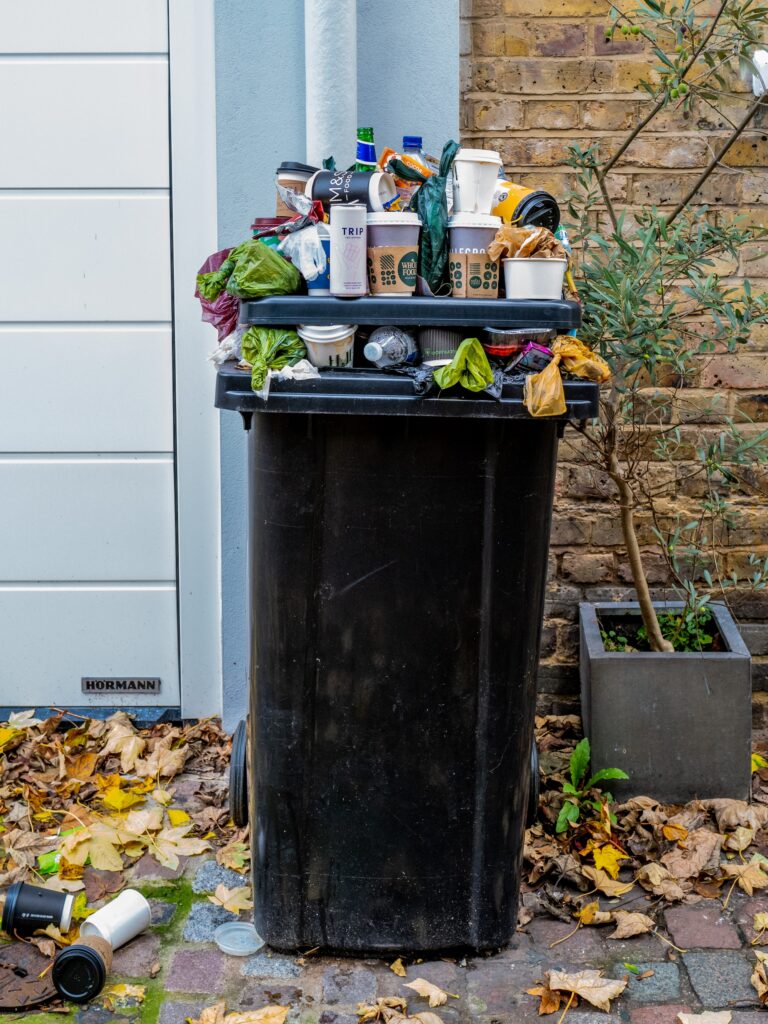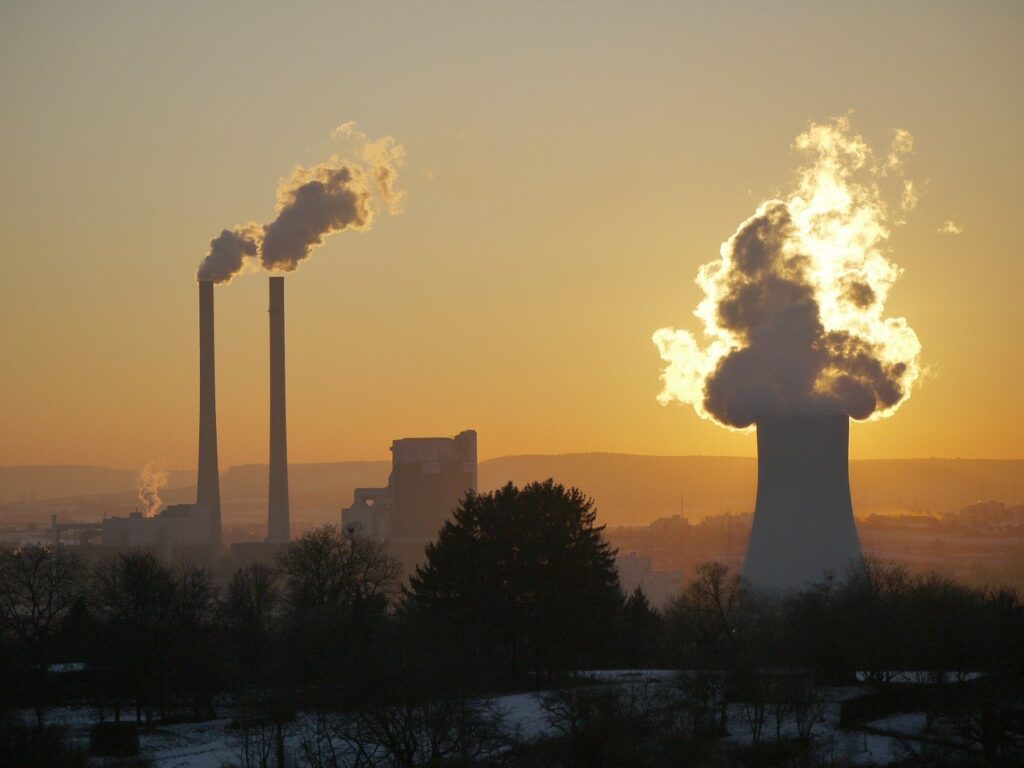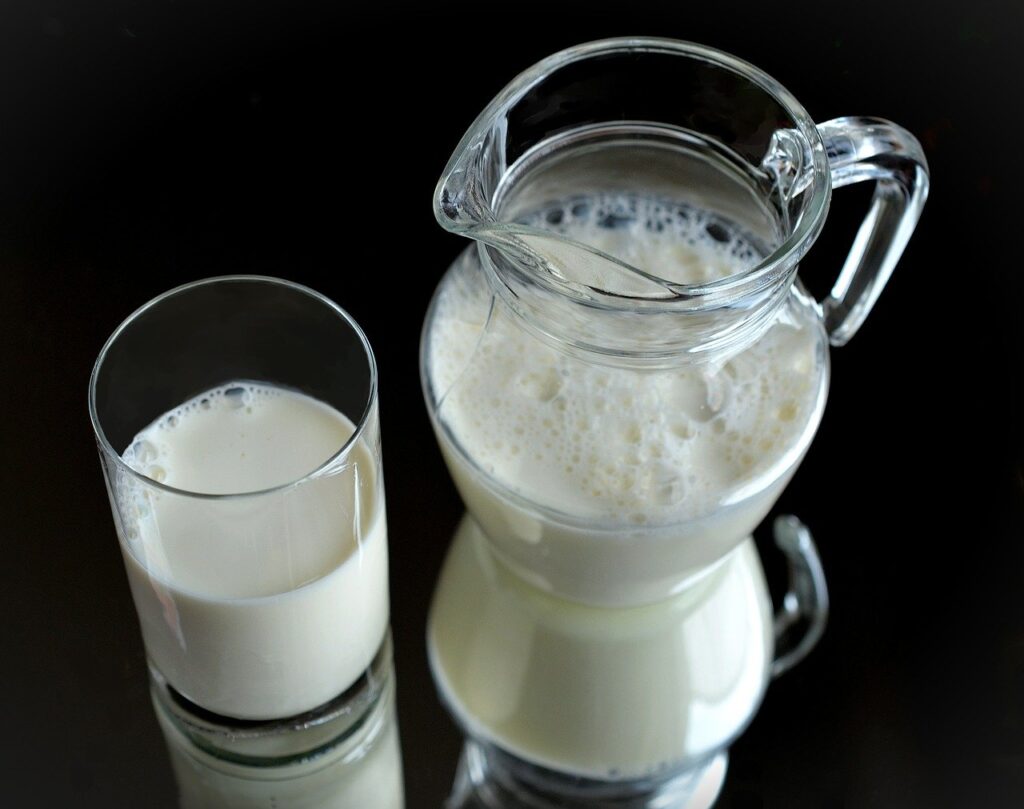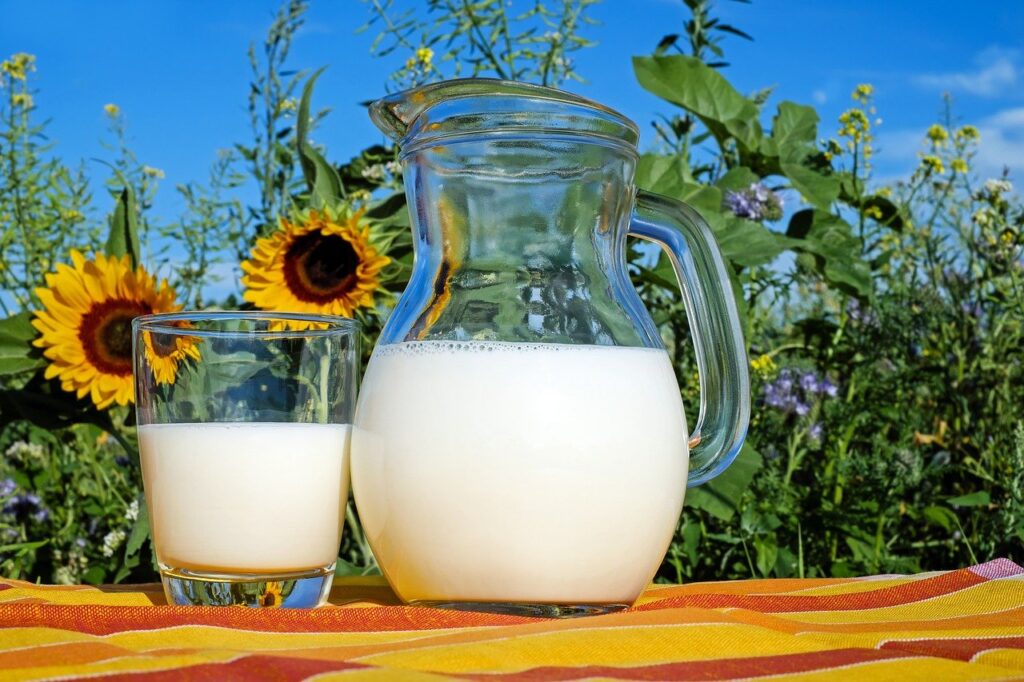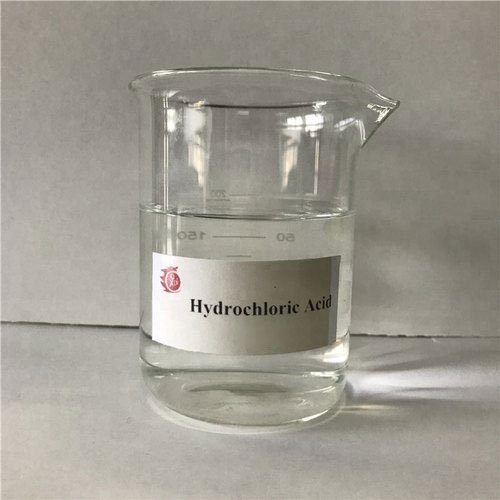Solid Waste Management
Any unwanted or discarded material that are detrimental for environmental can be termed as solid waste. Solid waste management covers the control of solid waste generation, collection, storage, transport, processing, separation, recycling, recovery and purposeful disposal of solid waste. Usually, solid wastes management is handled by a municipal, city or town authorities. Major considerations of […]
Solid Waste Management Read More »

